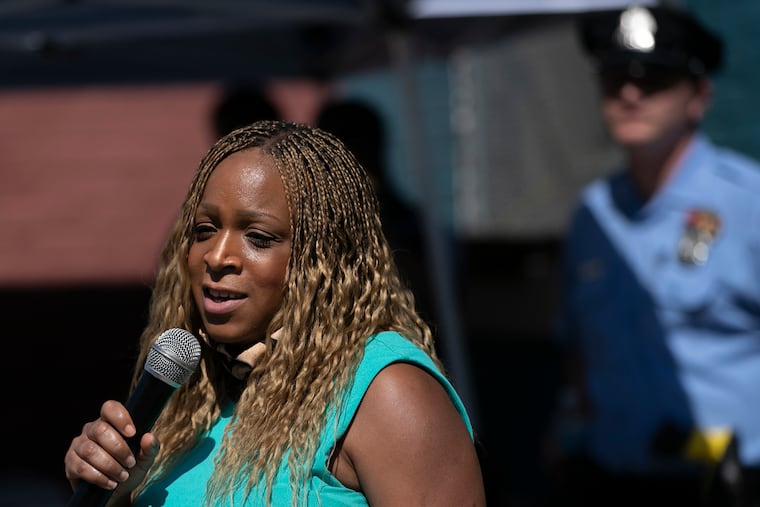Black and brown homeowners unfairly targeted by Philly’s new property assessments
The Kenney administration cannot claim to center either racial or housing equity if they are making it more difficult for working-class and Black and brown homeowners to afford their homes.

Philadelphia prides itself on its high homeownership rates, especially among working-class residents. But the massive property assessment increases that were announced earlier this week present an immediate threat to this fact of life in our city — especially in Black and brown neighborhoods experiencing rapid gentrification. A disproportionate number of these neighborhoods are in the 3rd Council District, where residential assessments have increased by 50% on average.
City Council offices are currently being flooded with calls from residents who are rightfully confused about why things shook out the way they did. Assessments vary wildly from property to property on the same block: We’ve heard from many residents whose assessments rose significantly, while their immediate neighbors’ did not.
Beyond the larger-than-expected assessments themselves, the entire rollout process has been nothing short of chaotic. The assessments were released without any explanation for how they were calculated, let alone a formal methodology. There hasn’t been clear communication around the appeals process — in particular, what steps people should take and tips for filing a successful appeal.
Additionally, the Office of Property Assessment has admitted it doesn’t know when residents will receive hard copy assessments, due to supply-chain issues that have caused a shortage of envelopes (seriously). This means certain residents already know their assessments, while others — whether they lack computer skills or don’t have internet access at home, or are unable to navigate city bureaucracy — will have to wait some unknown length of time to receive their assessment in the mail. Meanwhile, residents who wish to file an appeal of their property assessment to the Board of Revision of Taxes need to do so by Monday, Oct. 3 — leaving older and less affluent residents who are waiting for their assessments in the mail little time to get their materials in order. This is an equity issue that will have serious repercussions on some of our most vulnerable residents in our fastest gentrifying communities.
We have just over a month left in the city budget process, which includes setting property tax rates. Given the magnitude of the assessment increase, the fact that many residents are in a precarious position as we emerge from COVID-19, and the lack of a plan to protect our most vulnerable homeowners, I’m advocating that City Council lower the property tax rate so that residents are not unfairly burdened. The goal is to help residents who had to rush their appeals (or couldn’t appeal at all) and couldn’t enroll in a property tax relief program.
A revenue-neutral assessment will better protect vulnerable residents as the city takes the time to thoughtfully craft enhancements to existing property tax relief programs — like the Longtime Owner Occupants Program and the Low-Income Senior Citizen Real Estate Tax Freeze — and then implement those changes. A revenue-neutral tax assessment is a tax assessment that does not result in the city receiving more revenue than it received under the last tax assessment. If we don’t amend the tax rate, and we don’t expand relief programs, I frankly don’t understand how we can protect homeowners who are most vulnerable to displacement.
» READ MORE: What you need to know about Philly’s 31% property assessment spike
Even with a revenue-neutral property tax assessment, households with above-average assessment increases — many of which are located in gentrifying neighborhoods — will still see higher property taxes. To protect our long-term residents, City Council must raise the homestead exemption higher than the $65,000 amount proposed by Mayor Jim Kenney.
In addition to tax and budgetary adjustments, it is essential that the city makes a much more robust outreach effort than we’ve seen thus far. Based on what we heard at the hearing held by the Office of Property Assessment earlier this week, it’s clear that the city doesn’t have a plan for widespread outreach or automatic enrollment in property tax relief programs for eligible residents.
The Kenney administration cannot rightfully claim to support either racial or housing equity if they are making it increasingly difficult for working-class and Black and brown homeowners to afford to hold on to their properties — one of the most accessible forms of generational wealth. And it’s unfair that the burden is on residents to figure out, with very little time. This is all the more reason that the property tax assessment should be revenue neutral this year.
Jamie Gauthier represents the 3rd District in Philadelphia City Council.